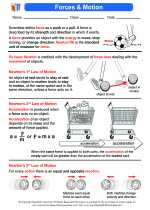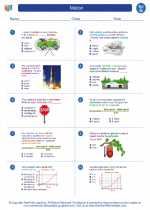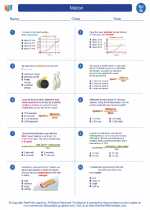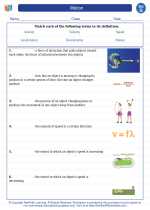Antipsychotics
Antipsychotics are a class of medications used to manage the symptoms of psychotic disorders such as schizophrenia and bipolar disorder. These medications work by altering the effects of certain chemicals in the brain, specifically dopamine and serotonin, to help regulate mood, thought processes, and behavior.
Mechanism of Action
Antipsychotics primarily work by blocking the dopamine receptors in the brain. Dopamine is a neurotransmitter that is involved in the regulation of mood, behavior, and cognition. By blocking the dopamine receptors, antipsychotics help to alleviate the symptoms of psychosis, such as hallucinations and delusions.
Types of Antipsychotics
There are two main classes of antipsychotic medications: typical (first-generation) antipsychotics and atypical (second-generation) antipsychotics. Typical antipsychotics work by primarily blocking dopamine receptors, while atypical antipsychotics also affect serotonin receptors in addition to dopamine receptors.
Common Antipsychotic Medications
- Clozapine
- Risperidone
- Olanzapine
- Quetiapine
- Aripiprazole
- Haloperidol
Side Effects
Common side effects of antipsychotic medications include weight gain, drowsiness, dizziness, and an increased risk of diabetes and high cholesterol. It is important for individuals taking antipsychotics to be closely monitored by their healthcare provider to manage and minimize these side effects.







